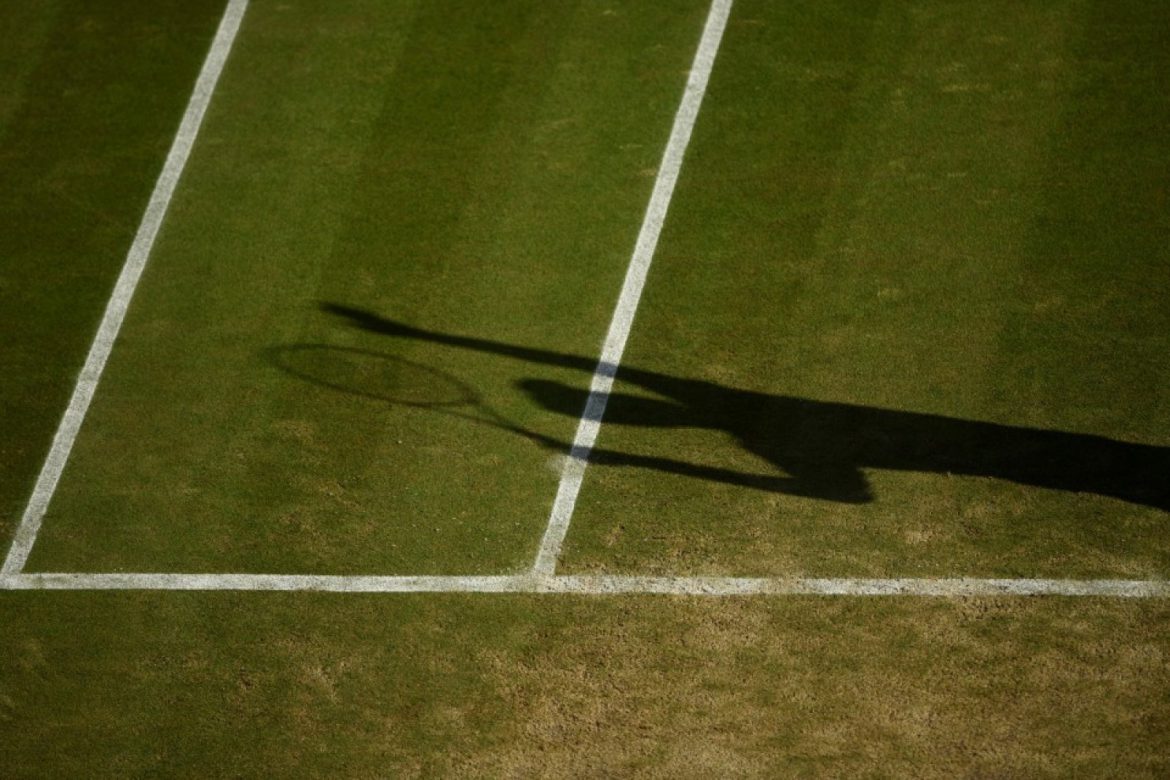This material belongs to: Washington Post.
Three Wimbledon matches from this year’s Grand Slam, including one from the main draw, are under investigation for potential match-fixing violations. That’s according to the Tennis Integrity Unit, an anti-corruption agency funded by the sport’s main governing bodies, which announced Wednesday that it was also looking into a French Open match.
The TIU said that it was responding to alerts of suspicious betting patterns on the matches, two of which took place during qualifying rounds for the championship at the All England club. “Every alert is assessed and followed up as an indicator that something inappropriate may have happened,” the agency said in a news release, using italics for emphasis.
“It is important to appreciate that an alert on its own is not evidence of match-fixing,” it added, noting that “unusual betting patterns” could also be caused by “incorrect odds-setting; well-informed betting; player fitness, fatigue and form; playing conditions and personal circumstances.”
The four alerts from the two recent Grand Slam events are unusual in and of themselves, given that match-fixing suspicions are more commonly associated with lower rungs of tennis, where events get little attention and involve fringe players struggling to make a living in the sport. The Guardian reported that the Wimbledon alerts were not related to the large amount of early-round retirements in the main draw, which provoked accusations that some players were collecting appearance fees despite knowing they were too injured to advance.
Just before the 2016 Australian Open, BuzzFeed and BBC News released reports claiming that match-fixing is widespread at the upper levels of the sport and that a “core group” of players often appear in incidents of suspicious betting but that none had been sanctioned by tennis authorities. Among that group, according to the reports, were “winners of singles and doubles titles at Grand Slam tournaments.”
The TIU, formed in 2008 in the wake of a match that featured highly unusual wagering, told the Associated Press in January that nine players and officials were sanctioned last year for match-fixing, marking the most for a single year since the unit was established. On Wednesday, it announced it had received 83 match alerts for the first six months of this year, down from the 121 received over the same period in 2016.
For the period of April to June this year, the TIU reported 53 alerts, including the four from Wimbledon and the French Open, plus three from the ATP Tour and one from the WTA Tour. Forty were from the lower-level ATP Men’s Challenger and ITF Men’s Futures circuits, which the agency said was “consistent with previous reports.”
According to the TIU, 31,281 professional matches were played in the April-June period, meaning that the alerts comprised 0.169 percent of them. “Where analysis of a match alert does suggest corrupt activity, the TIU will conduct a full, confidential investigation,” the agency said.
 info@anticorr.media
info@anticorr.media

